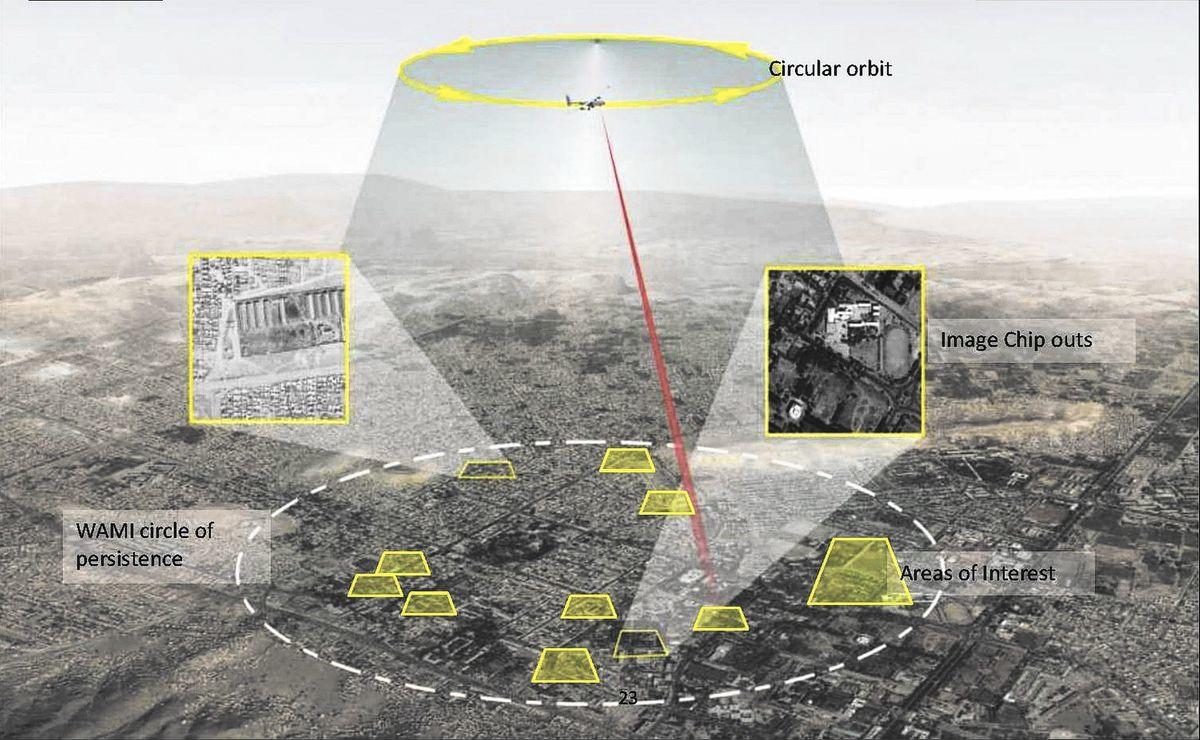In “Decision He’ll Come To Regret,” Judge Allows Warrantless Aerial Surveillance Of Baltimore
For many years we’ve been documenting the developments surrounding spy planes over the skies of the Baltimore metro area, monitoring residents as the region has become the testing ground for the surveillance state.
In early April, under cover of the coronavirus pandemic, Baltimore City’s Board of Estimates approved the contract to resurrect the spy plane program.
Now it appears three planes have been cleared for takeoff by a federal judge on Friday (April 24).
According to AP News, US District Judge Richard Bennett in Baltimore on Friday ruled against a grassroots think tank and local community organizing groups. They asked the judge to ground the three planes from taking off, indicating the surveillance program violates the First and Fourth Amendment rights of residents. Flights are expected to begin next week.
“The United States Supreme Court and the United States Court of Appeals for the Fourth Circuit have long upheld the use of far more intrusive warrantless surveillance techniques than the (Aerial Investigation Research) program,” Bennett wrote in an opinion rejecting the plaintiffs’ motion for a preliminary injunction.
The spy plane program will fly the planes equipped with large optical sensors that would be typically mounted on a warplane. Each sensor can surveil up to 32 square miles, effectively covering the entire city and monitor everyone and everything that moves.
The planes will be used to “investigate murders, nonfatal shootings, armed robberies, and carjackings. Weather permitting, the aircraft will fly at least 40 hours a week and cover about 90 percent of the city,” said AP.
The American Civil Liberties Union (ACLU) represents the think tank and community groups that filed the federal lawsuit to prevent the spy program from lifting off. They said the planes severely infringe on the rights of residents and could lead to random searches and the proliferation of the surveillance state.
“It is tragic and unacceptable that the failures of the Baltimore Police Department (BPD), and the city’s long-term unwillingness to address the root causes of crime, have now led to the decision to impose the most far-reaching mass surveillance program in American history here in Baltimore,” said David Rocah, senior staff attorney at the ACLU of Maryland.
“If allowed to stand, this ruling is a decision that the city, and the country, will come to regret,” Rocah said.
BPD said sensors on each plane would be limited to one pixel per person or vehicle, basically making each person look like a dot. The resolution will not allow for a person’s race, sex, clothing, or vehicle’s license plate, color, make and model to be identified (calling bullsh*t on this).
The program will be administered by contractor Persistent Surveillance Systems that will use aerial imagery combined with city-operated street-level cameras, license plate readers, and a gunshot detection system to solve crimes.
“I take very seriously the utilization of every legal and moral tool to address the unacceptable levels of violence that often besieges our most marginalized communities,” Baltimore Police Commissioner Michael Harrison said in a statement.
“The program will be submitted to great scrutiny during this pilot phase and I will continue to be cautiously optimistic about the potential. Ultimately, the data will show us the efficacy of this technology as a potential tool for the Department in solving and reducing violent crime,” Harrison said.
As the pandemic ravages America and crashes the economy into depression, the survivance state is quickly being erected. You’re beginning to get an understanding of what a post-corona world will look like, that is, an environment where Big Brother is watching you from the skies and on street-level cameras.
Tyler Durden
Thu, 04/30/2020 – 19:20
via ZeroHedge News https://ift.tt/2yeOlbP Tyler Durden
